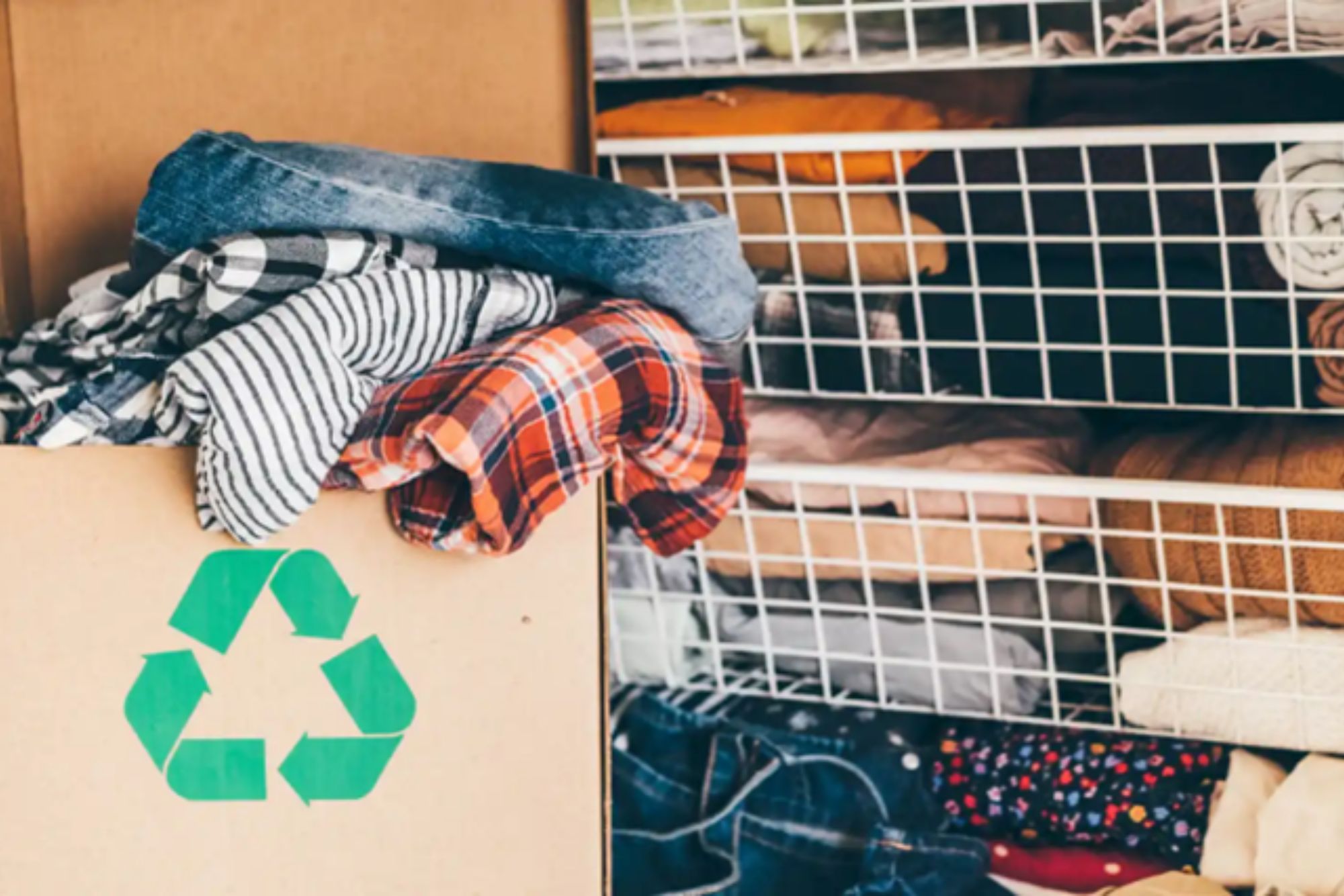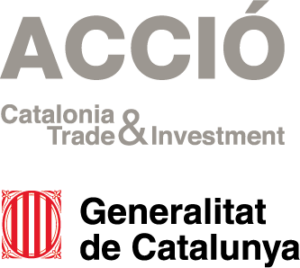
Recycling of textile waste for the production of recycled and recyclable paper
The main objective of the PAPELTEXTIL project is to research recycling pathways for pre- and post-consumer textile waste, collected selectively, to develop a new range of 100% recycled and recyclable papers. The technological solutions derived from this project aim to valorize textile waste that, due to its size or fiber quality, cannot be used in the production of new yarns. For ALIER, it is a priority to select waste composed of cellulose fibers, as their chemical affinity facilitates their integration into the paper sheet manufacturing process. However, within the framework of this project, ALIER will also investigate waste of synthetic origin. Below, we highlight the importance of this initiative and its contribution to strengthening our commitment to our core principles: putting people first, respecting the environment, constantly evolving, and maintaining transparency, honesty, and integrity in all our actions.
WHAT DOES THIS PROJECT REPRESENT FOR ALIER:
The PAPELTEXTIL project represents for ALIER a new pathway for waste valorization. In this case, it involves the upcycling of pre-consumer, post-consumer, and post-industrial textiles, with an anticipated 55% increase by 2025. This growth is spurred by Law 7/2022, dated April 8, on waste and contaminated soils for a circular economy, which mandates local entities to implement selective collection of textile waste by December 31, 2024. Consequently, we aim to contribute to achieving textile recycling objectives in Catalonia in line with the Catalonia Textile Waste Prevention and Management Strategy 2020–2025 promoted by the ARC (Agència de Residus de Catalunya). Additionally, the project represents a significant opportunity for ALIER to foster strategic alliances across the textile sector value chain, promoting circular economy practices and sector decarbonization. Ultimately, this project exemplifies another clear example of our commitment to sustainability and the environment.
IMPACT OF THE PROJECT ON OUR SECTOR AND ON SOCIETY:
The PAPELTEXTIL project represents for ALIER a new pathway for waste valorization. In this case, it involves the upcycling of pre-consumer, post-consumer, and post-industrial textiles, with an anticipated 55% increase by 2025. This growth is spurred by Law 7/2022, dated April 8, on waste and contaminated soils for a circular economy, which mandates local entities to implement selective collection of textile waste by December 31, 2024. Consequently, we aim to contribute to achieving textile recycling objectives in Catalonia in line with the Catalonia Textile Waste Prevention and Management Strategy 2020–2025 promoted by the ARC (Agència de Residus de Catalunya). Additionally, the project represents a significant opportunity for ALIER to foster strategic alliances across the textile sector value chain, promoting circular economy practices and sector decarbonization. Ultimately, this project exemplifies another clear example of our commitment to sustainability and the environment.
As a result, direct contributions are made to the preservation of natural resources and water quality, which has a direct impact on both the environment and society, enhancing quality of life. Among its contributions, the project aims to stimulate sustainable fashion by contextualizing the current issues within the textile sector, largely stemming from the highly demanding and consumptive model of “fast fashion”. The visibility of the new products derived from this project fosters awareness of the importance and impact of individual societal actions in making more sustainable purchasing decisions. Therefore, this project not only benefits the environment but also enhances the quality of life for society and communities around, promoting a more conscious and committed approach to sustainability.
THE DEADLINES AND KEY STAGES OF THE PROJECT:
The project is divided into 4 main activities, which are estimated to have a total duration of 2 years. The implementation of the work plan began in early February 2024 and is expected to conclude in January 2026. Currently, the first phase is already underway, which involves the selection and characterization of the most relevant textile waste streams, considering their origin, composition, morphology, and available volume. Once this stage is completed, the study of pretreatment, assimilation, and integration of textile fibers into the paper pulp will proceed, adapting the process according to the waste’s origin. Finally, validation of the new papers obtained will be carried out, along with the modeling of the production process, ensuring its long-term viability.
ESG: ENVIRONMENTAL
SDGs: 9, 12
Execution Period: January 2024 to October 2026
Budget: €230,014
Grant: €110,111
File Number: ACE099/23/000003
Government Call: Green R&D Clusters in Circular Economy, waste sector, 2023 call
Organization: Waste Agency of Catalonia
![]()




